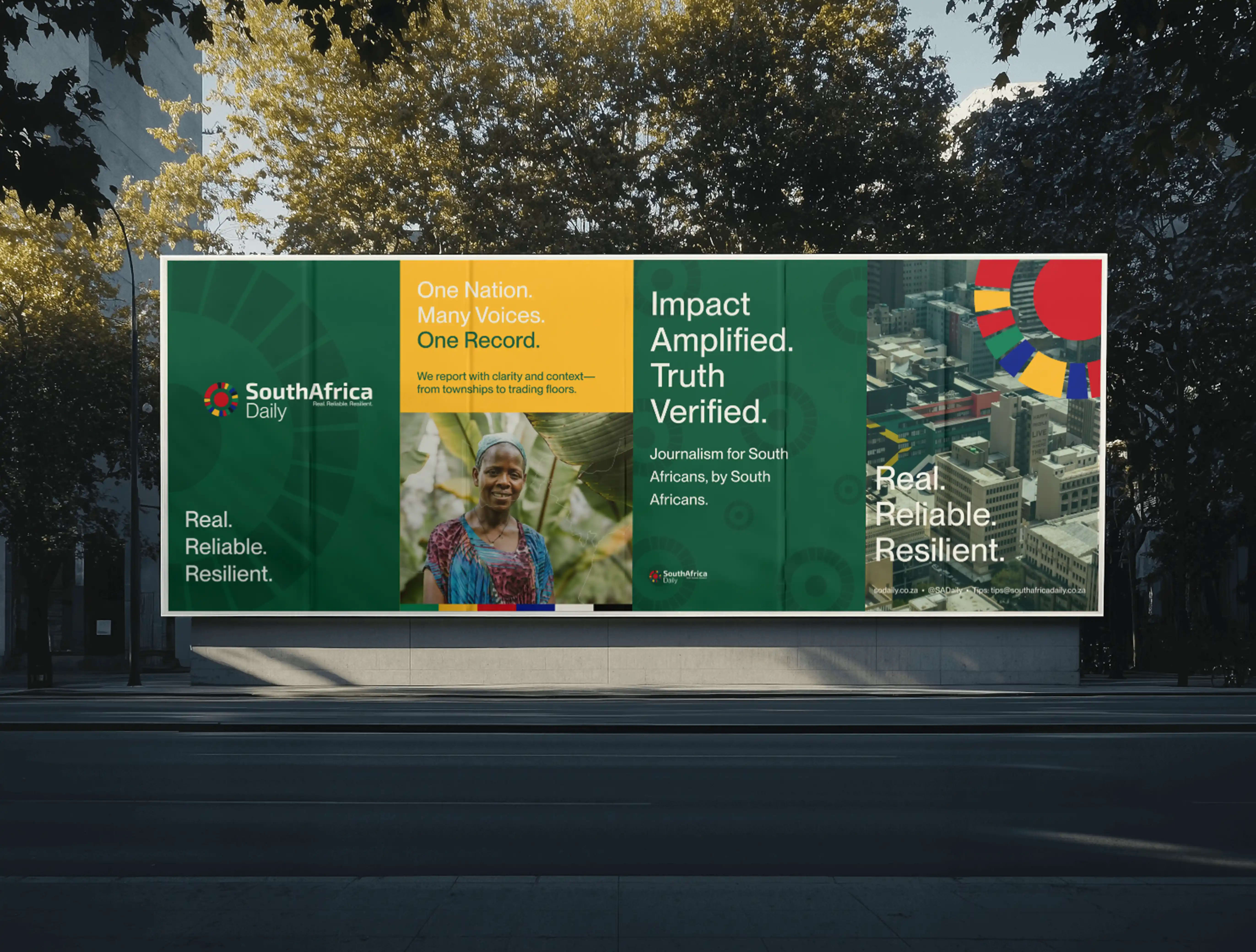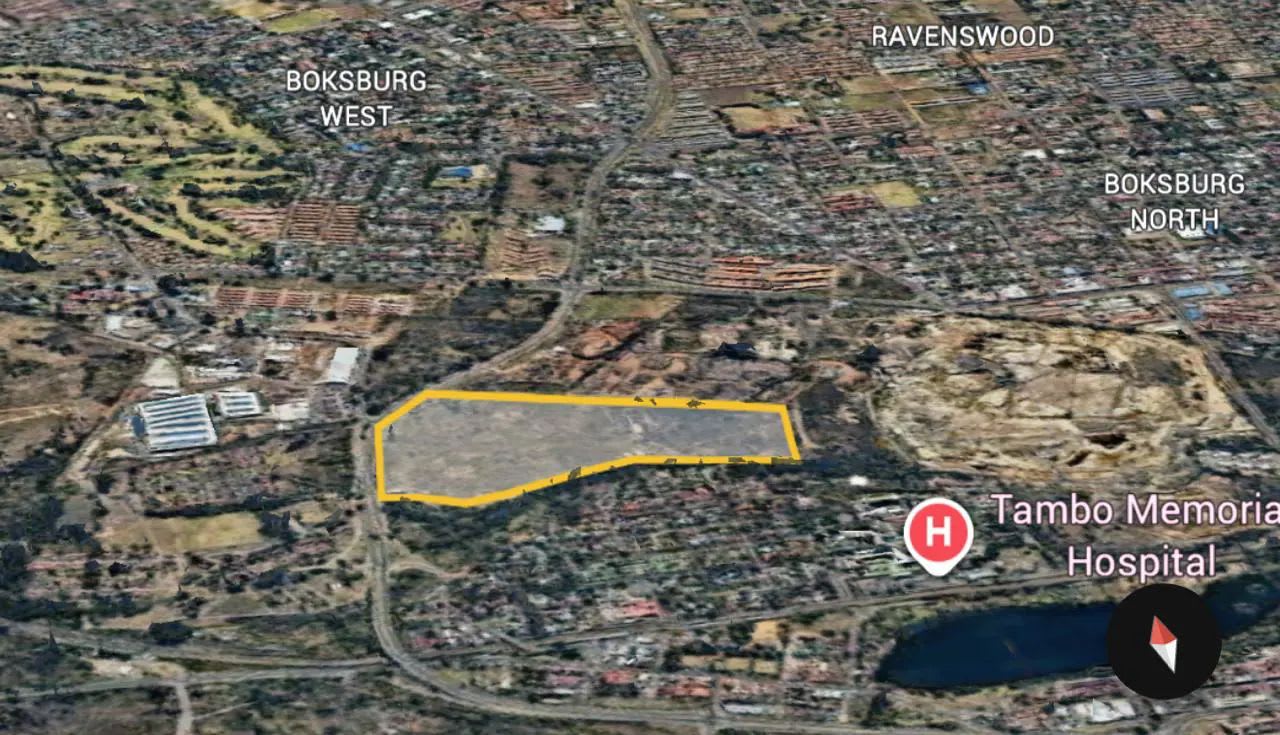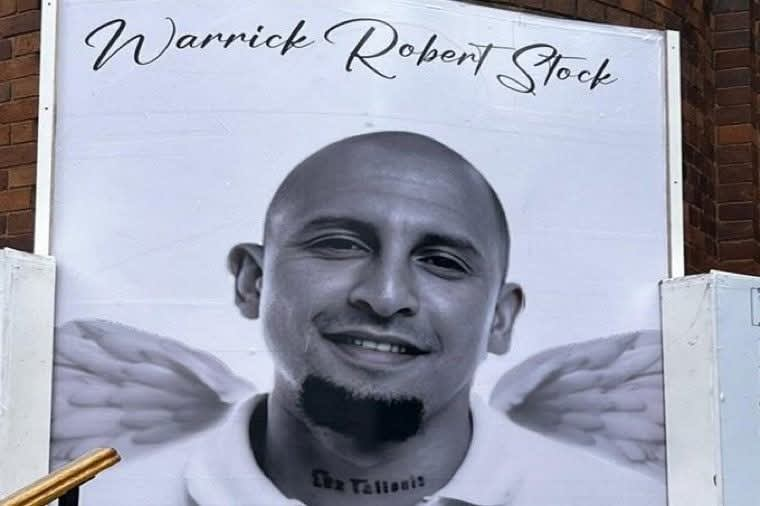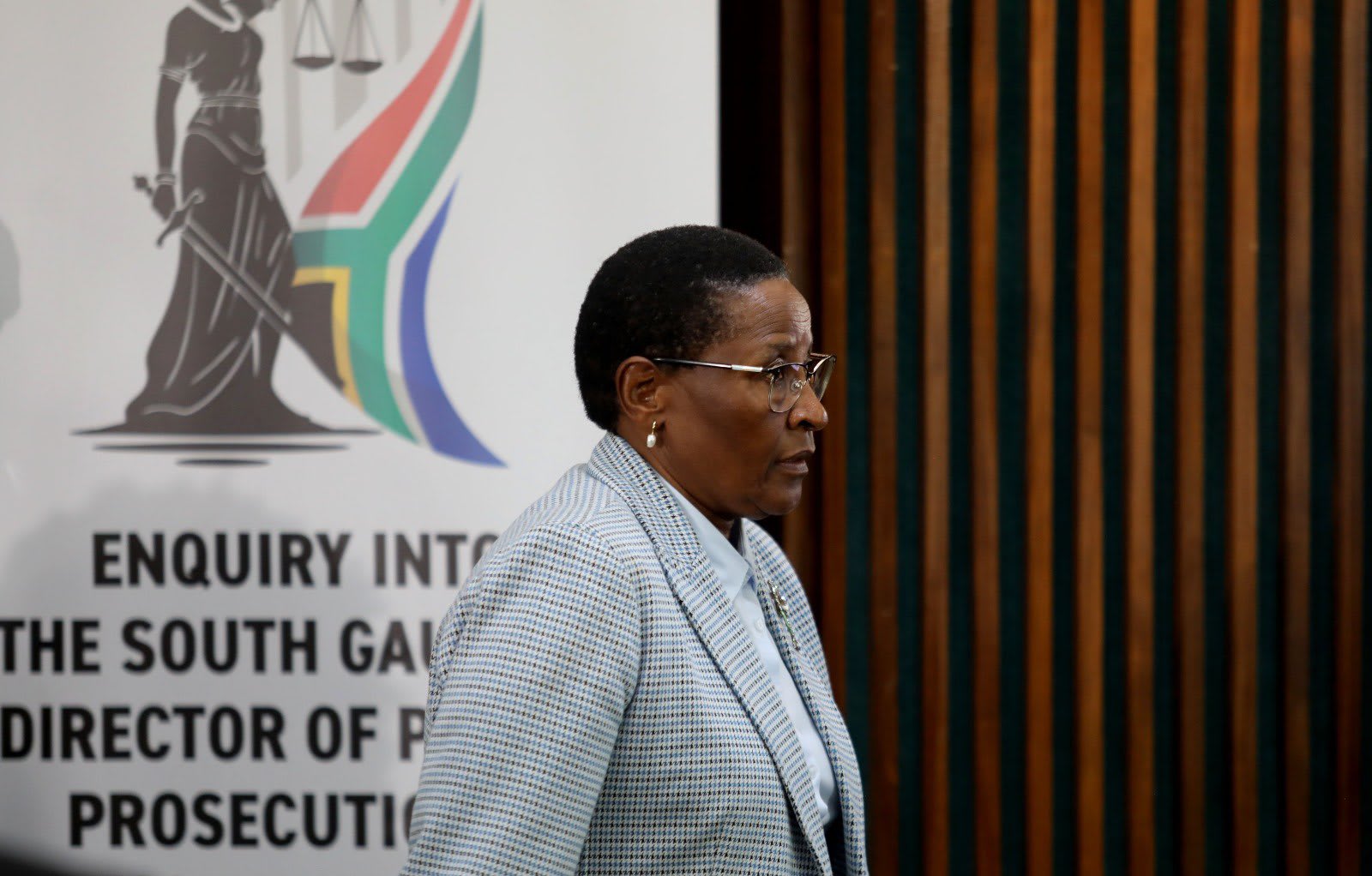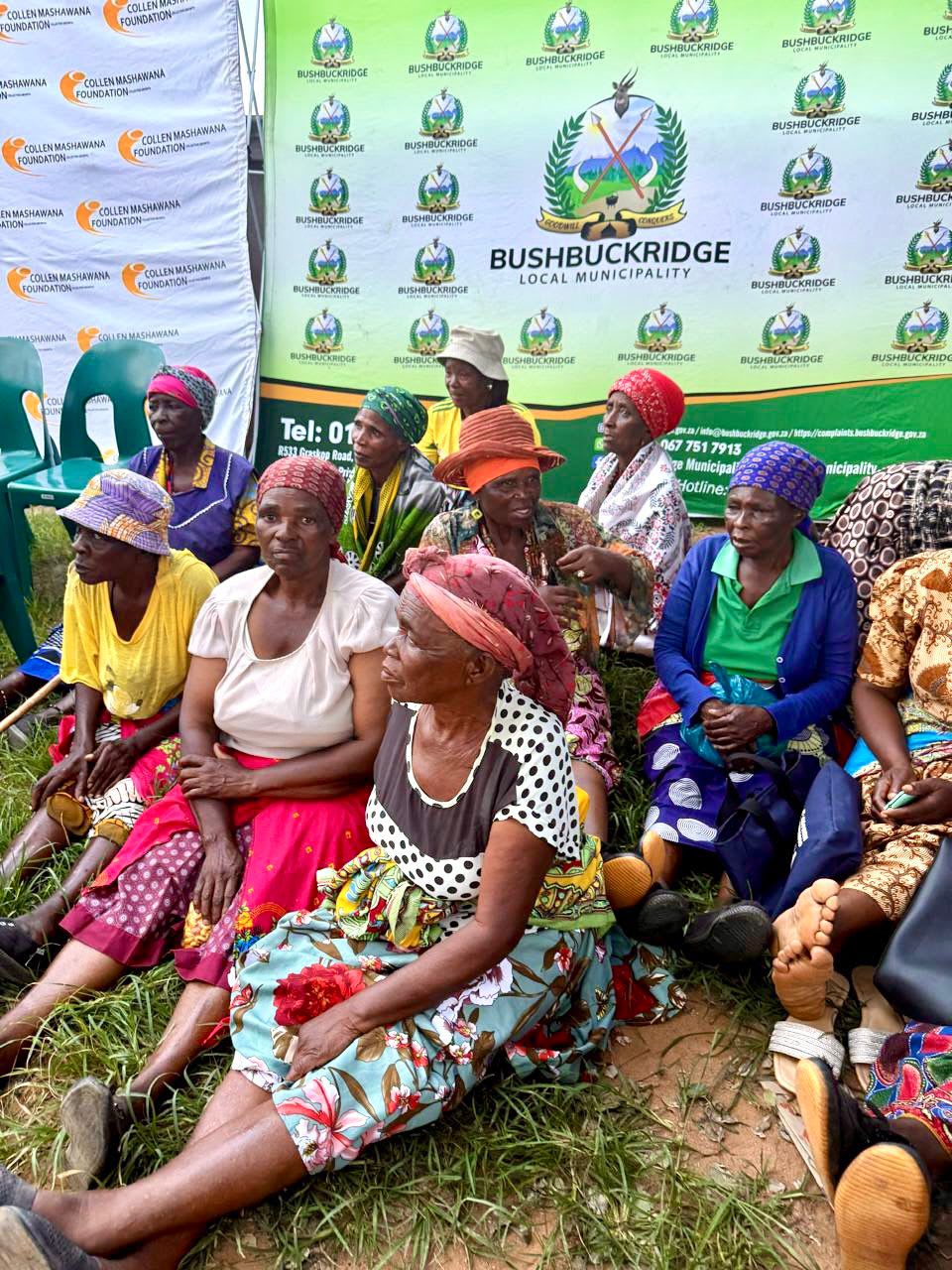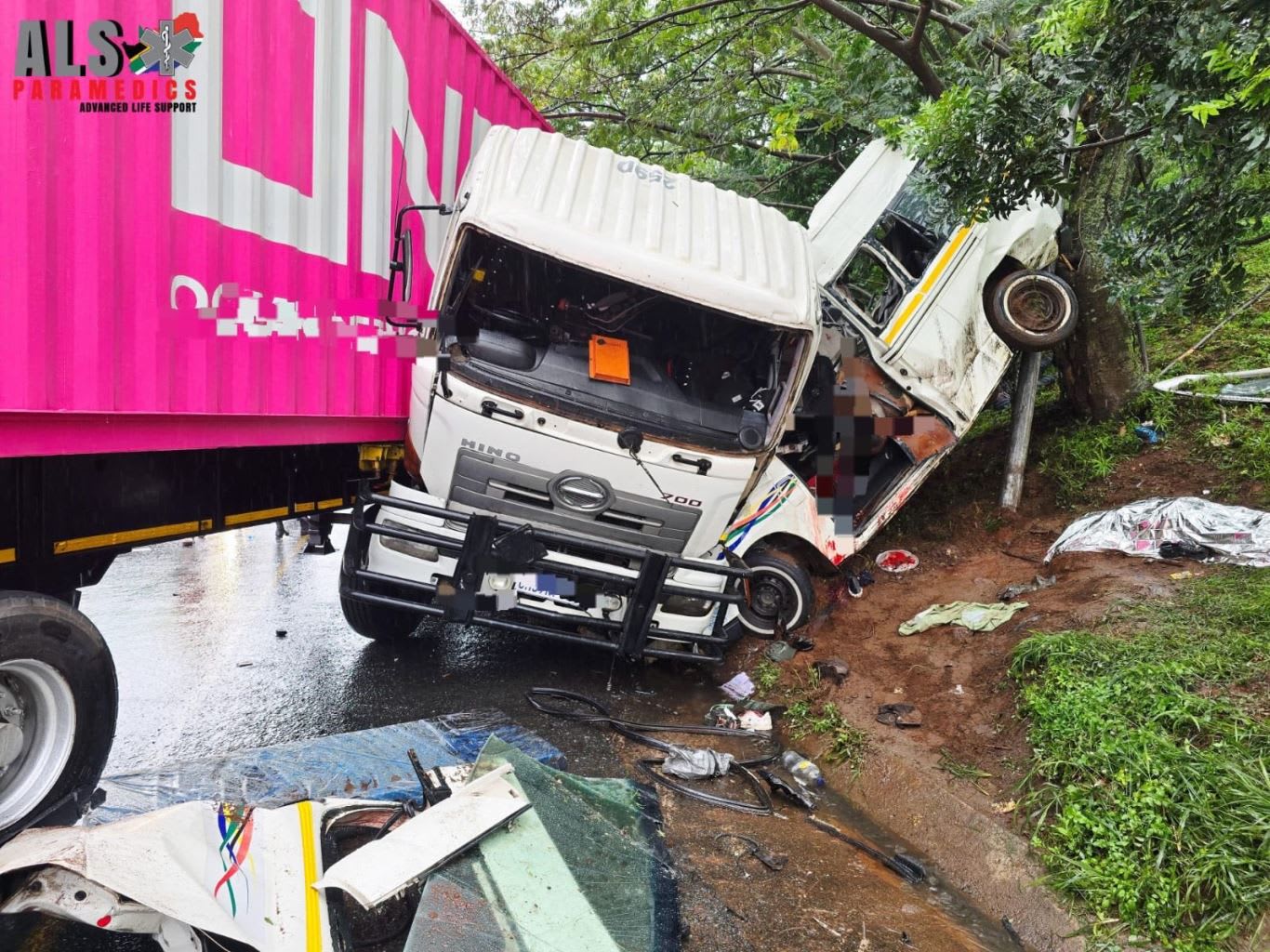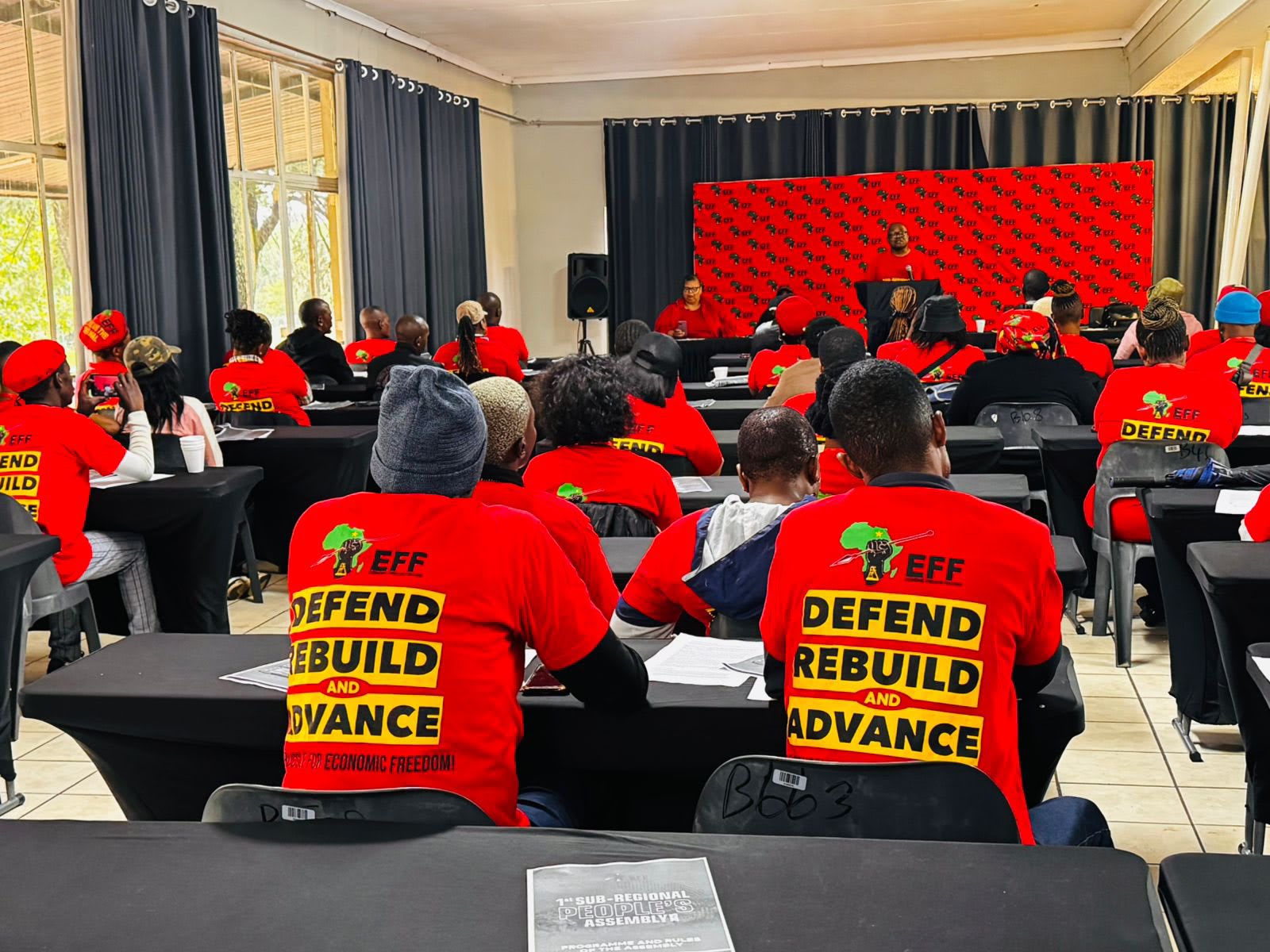Land Expropriation
A 34-hectare land dispute in Ekurhuleni has become South Africa’s first major test of land expropriation without compensation. The City of Ekurhuleni seized the property for housing development, offering nil payment, while the owners demand R30 million. The case could redefine property rights and land reform law.
The ongoing dispute in Ekurhuleni has become a defining test for South Africa’s policy on land expropriation without compensation.
The City of Ekurhuleni took ownership of a 34-hectare piece of private land in Driefontein, Boksburg, without paying the owners, who are now demanding R30 million in compensation. The case, heading to mediation this week, could become the first of its kind to test the legal limits of expropriation under the Constitution.
The municipality argues the land has remained unused for over three decades, was never bought at market value, and is needed for township development. Former City Manager Imogen Mashazi stated that the offer of nil compensation was fair because the land produced no economic activity. The owners, Business Venture Investments 900, dispute this, claiming the current market value exceeds R30 million and that the city’s action is unlawful.
Legal experts have noted that while the 2024 Expropriation Act allows for nil compensation under certain conditions, the Act has not yet come into effect. Dr Tanveer Jeewa of Stellenbosch University explained that without the new Act in force, the city’s offer has no statutory basis and must still meet the constitutional test of being just and equitable.
Political reactions have been divided. Freedom Front Plus leader Corné Mulder warned that allowing expropriation without compensation could erode property rights and discourage financial institutions from issuing loans. The ANC in Ekurhuleni, however, supports the move, with regional secretary Jongizizwe Dlabathi arguing that it is a necessary corrective to historical land injustices. He maintained that the process was lawful and that the courts would ultimately determine its validity.
If mediation fails, the case will proceed to the Gauteng High Court in February, marking a significant moment in South Africa’s ongoing struggle to balance redress with the protection of property rights

